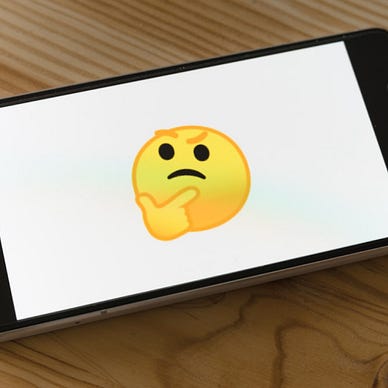WRITING | WRITING TIPS | BLOGGING | LANGUAGE | ENGLISH | LANGUAGE LEARNING| TEFL| ENGLISH TEACHING
Reading Is Boring
7 Unusual Ways To Read
Have you ever stopped to think about all the different ways we describe reading?
Have you ever thought about how to say “read” without saying it?
Probably not, right?
Well, I have a solution for you!
Let’s dive in!
1. Peruse
Definition: To read throughly or carefully
Read: She decided to read the contract before signing it.
Synonym: She decided to peruse the contract before signing it.
Difference: “Peruse” implies a more careful and detailed reading than “read”.
2. Browse
Definition: To look through a book or other written material in a casual manner.
Read: He read the magazine at the dentist’s office.
Synonym: He browsed the magazine at the dentist’s office.
Difference: “Browse” suggests a lighter, less focused engagement with the text than “read”.
3. Scrutinize
Definition: To read or examine something very carefully to find errors or important details.
Read: She read the legal document carefully.
Synonym: She scrutinized the legal document carefully.
Difference: “Scrutinize” implies a more intense, critical examination than “read”.
4. Skim
Definition: To read something quickly so as to get the gist rather than the precise details.
Read: She read the article during breakfast.
Synonym: She skimmed the article during breakfast.
Nuance: “Skim” suggests a faster, surface-level reading compared to the more comprehensive “read”.
5. Leaf through
Definition: To turn over the pages of a book or a magazine casually and quickly.
Read: She read the fashion magazine casually.
Synonym: She leafed through the fashion magazine casually.
Difference: Suggests a more casual, non-committal engagement than “read.”
6. Scan
Definition: To look over quickly in search of specific information.
Read: She read the document to find her name.
Synonym: She scanned the document to find her name.
Difference: “Scan” implies a specific, quick search within the text, unlike the general engagement suggested by” read.”
7. Pore over
Definition: To read or study something with intense focus or attention.
Read: He read the ancient manuscript with interest.
Synonym: He pored over the ancient manuscript with interest.
Difference: “Pore over” indicates a deeper, more focused study than “read.”
Takeaway
It’s all about choosing your words wisely.
Knowing these differences can really shape how we understand and interact with the world around us.
Next time you pick something to read, think about what your verb of choice says about your reading intentions.
Disclaimer:
This article is intended to improve your English proficiency and not as advice for digital writing, which should be accessible and simple.
Share in the comments:
- Do you know any other fancy phrases or words that replace the plain “read” ?
- Think about the last thing you read – was it an email, a book, or maybe a sign? Now, which verb would you use to describe how you read it?



If you liked my post, I invite you to leave a comment, click (50) claps, and subscribe to get notified when I post!
Consider joining our supportive Holication Holistic Publication!
